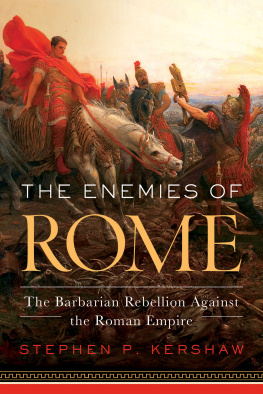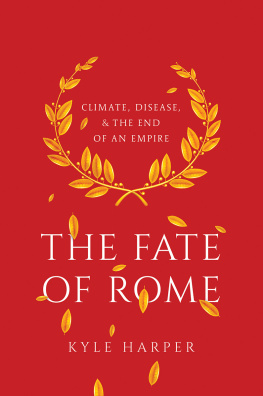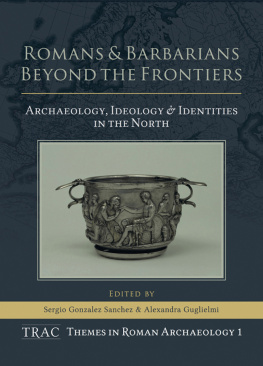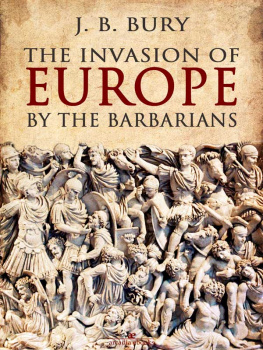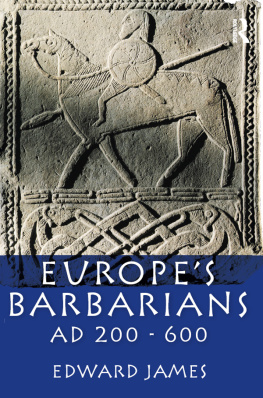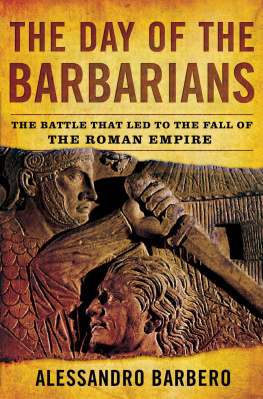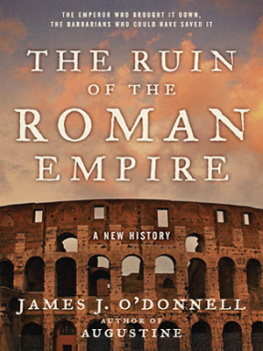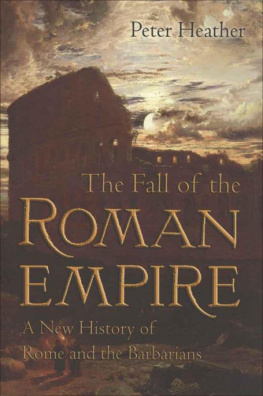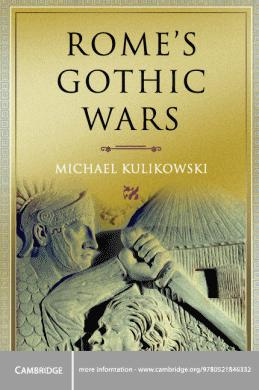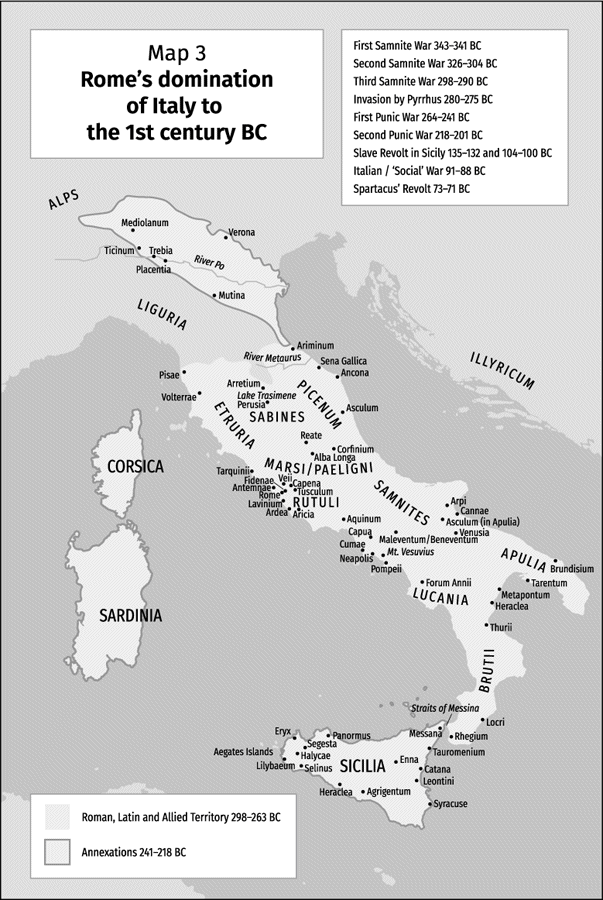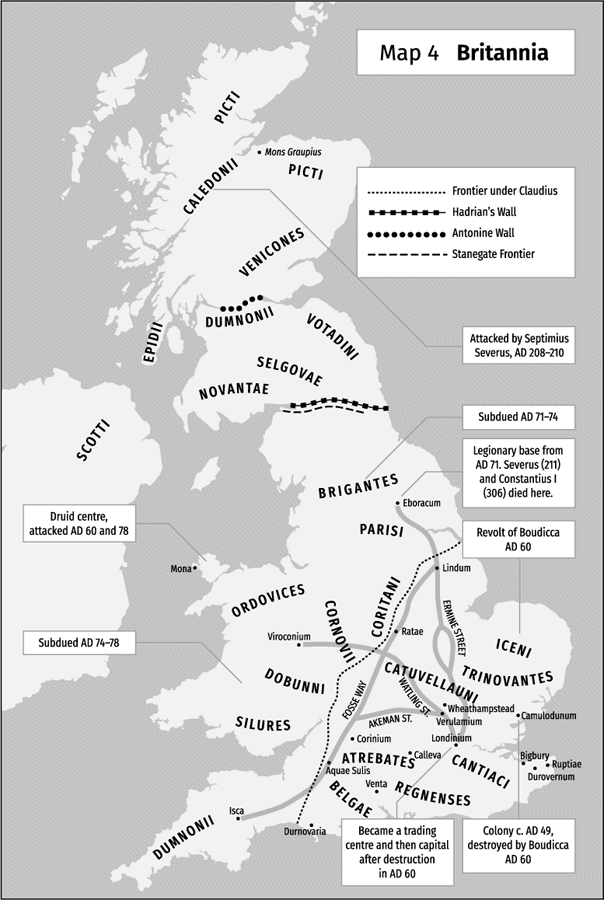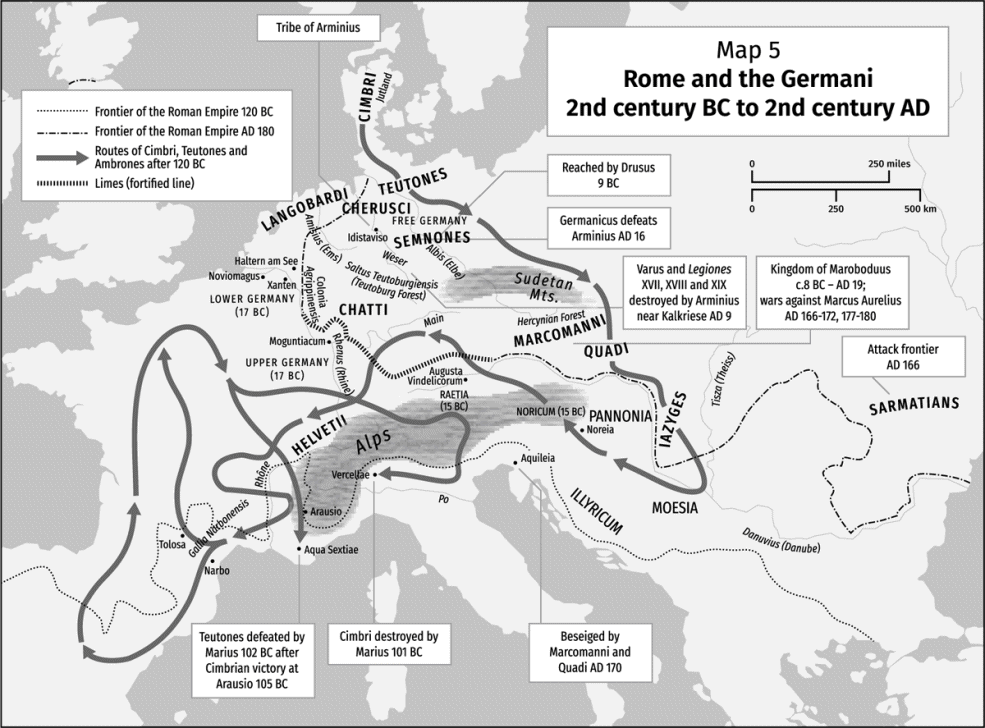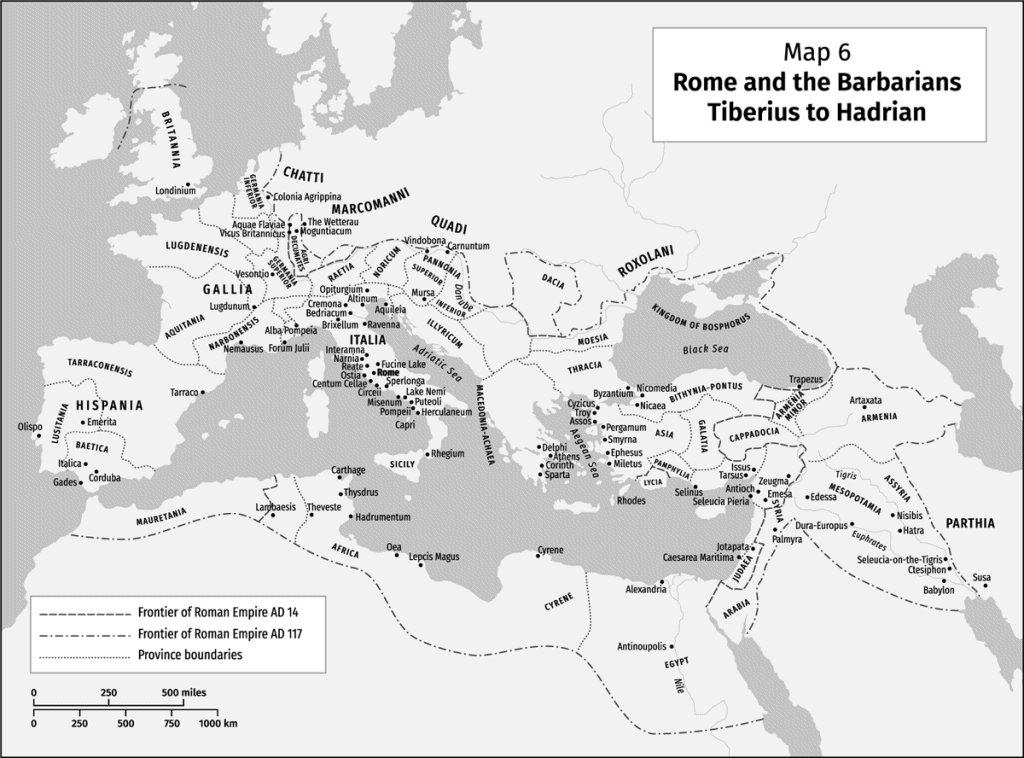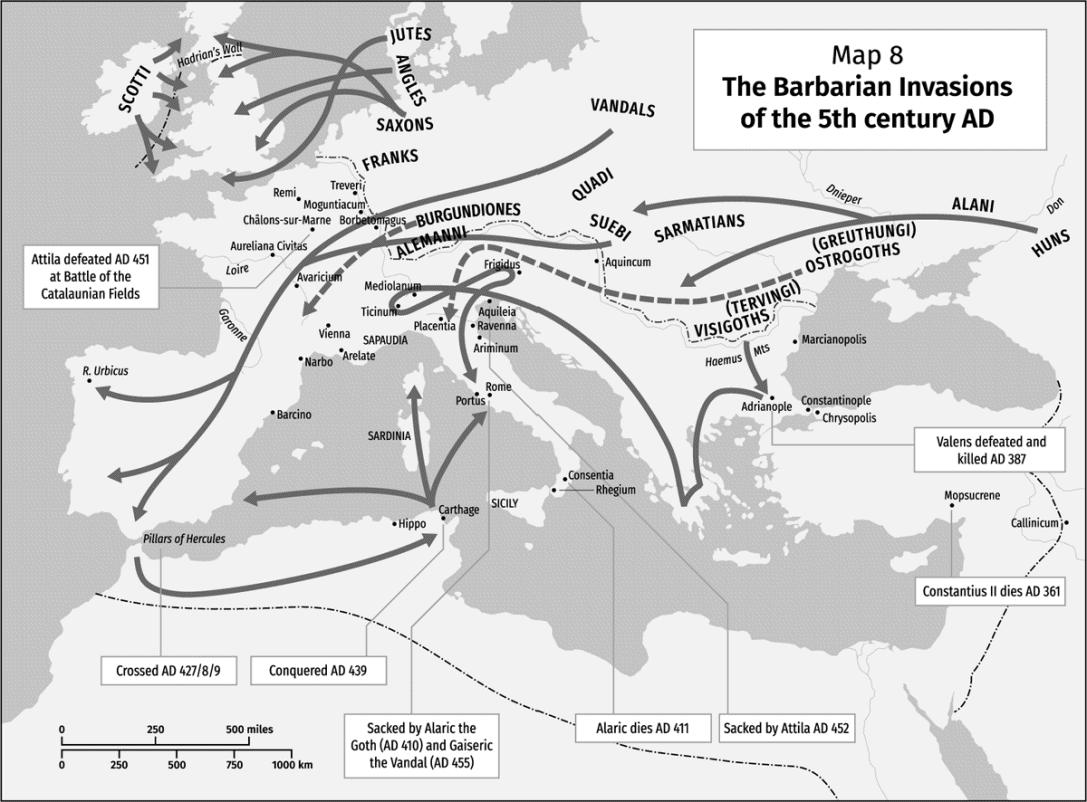Stephen P. Kershaw - Barbarians: Rebellion and Resistance to the Roman Empire
Here you can read online Stephen P. Kershaw - Barbarians: Rebellion and Resistance to the Roman Empire full text of the book (entire story) in english for free. Download pdf and epub, get meaning, cover and reviews about this ebook. year: 2019, publisher: Robinson, genre: History. Description of the work, (preface) as well as reviews are available. Best literature library LitArk.com created for fans of good reading and offers a wide selection of genres:
Romance novel
Science fiction
Adventure
Detective
Science
History
Home and family
Prose
Art
Politics
Computer
Non-fiction
Religion
Business
Children
Humor
Choose a favorite category and find really read worthwhile books. Enjoy immersion in the world of imagination, feel the emotions of the characters or learn something new for yourself, make an fascinating discovery.

- Book:Barbarians: Rebellion and Resistance to the Roman Empire
- Author:
- Publisher:Robinson
- Genre:
- Year:2019
- Rating:3 / 5
- Favourites:Add to favourites
- Your mark:
Barbarians: Rebellion and Resistance to the Roman Empire: summary, description and annotation
We offer to read an annotation, description, summary or preface (depends on what the author of the book "Barbarians: Rebellion and Resistance to the Roman Empire" wrote himself). If you haven't found the necessary information about the book — write in the comments, we will try to find it.
Those people were a sort of solution.
Waiting for the Barbarians
C. P. Cavafy
History is written by the victors, and Rome had some very eloquent historians. Those the Romans regarded as barbarians left few records of their own, but they had a tremendous impact on the Roman imagination. Resisting from outside Romes borders or rebelling from within, they emerge vividly in Romes historical tradition, and left a significant footprint in archaeology.
Romes history, as written by the Romans, follows a remarkable trajectory from its origins as a tiny village of refugees from a conflict zone to a dominant superpower, before being transformed into the medieval and Byzantine worlds. But throughout this history, Rome faced significant resistance and rebellion from peoples whom it regarded as barbarians.
Gibbon saw the Roman Empire as one of the highest points of human achievement destroyed by barbarian invaders: Ostrogoths, Visigoths, Goths, Vandals, Huns, Picts and Scots. To others, as Rome was ravaged, new life was infused into an expiring Italy. Gibbons decline and fall has been reappraised as transformation, through religious and cultural revolution.
Based both on ancient historical writings and modern archaeological research, this new history takes a fresh look at the Roman Empire, through the personalities and lives of key opponents of Romes rise, dominance and fall - or transformation. These include: Brennus, the Gaul who sacked Rome; the Plebs, those barbarous insiders and internal resistors; Hannibal; Viriathus, the Iberian shepherd and skilled guerilla; Jugurtha and the struggle to free Africa; the Germanic threat from the Cimbri and the Teutones; Spartacus, the gladiator; Vercingetorix and rebellion in Gaul; Cleopatra; Boudicca, the Queen of the Iceni and the scourge of Rome; the Great Jewish Revolt; Alaric the Goth and the Sack of Rome; Attila the Hun, Born to Shake the Nations; and the Vandals and the fall of Rome.
Stephen P. Kershaw: author's other books
Who wrote Barbarians: Rebellion and Resistance to the Roman Empire? Find out the surname, the name of the author of the book and a list of all author's works by series.

